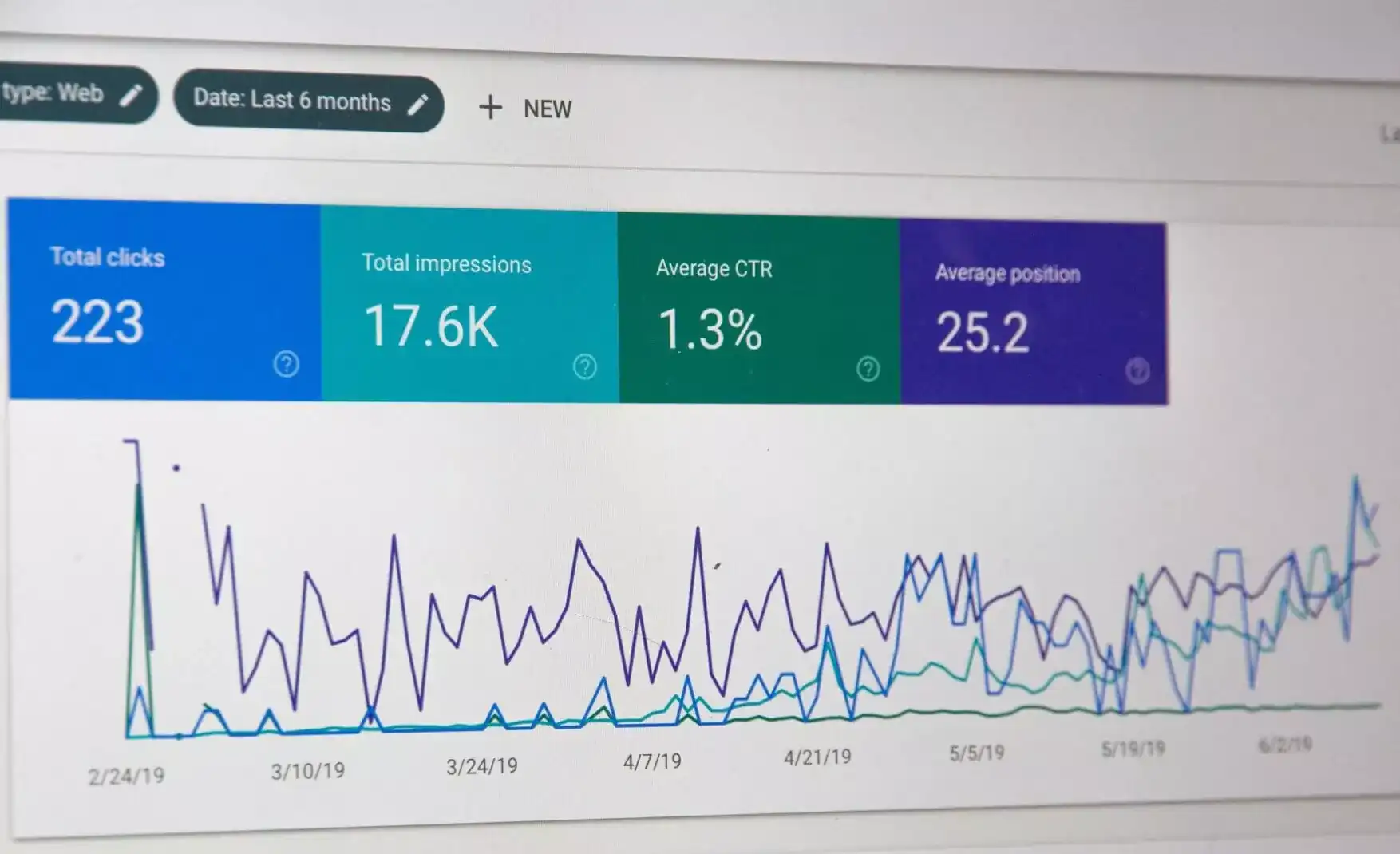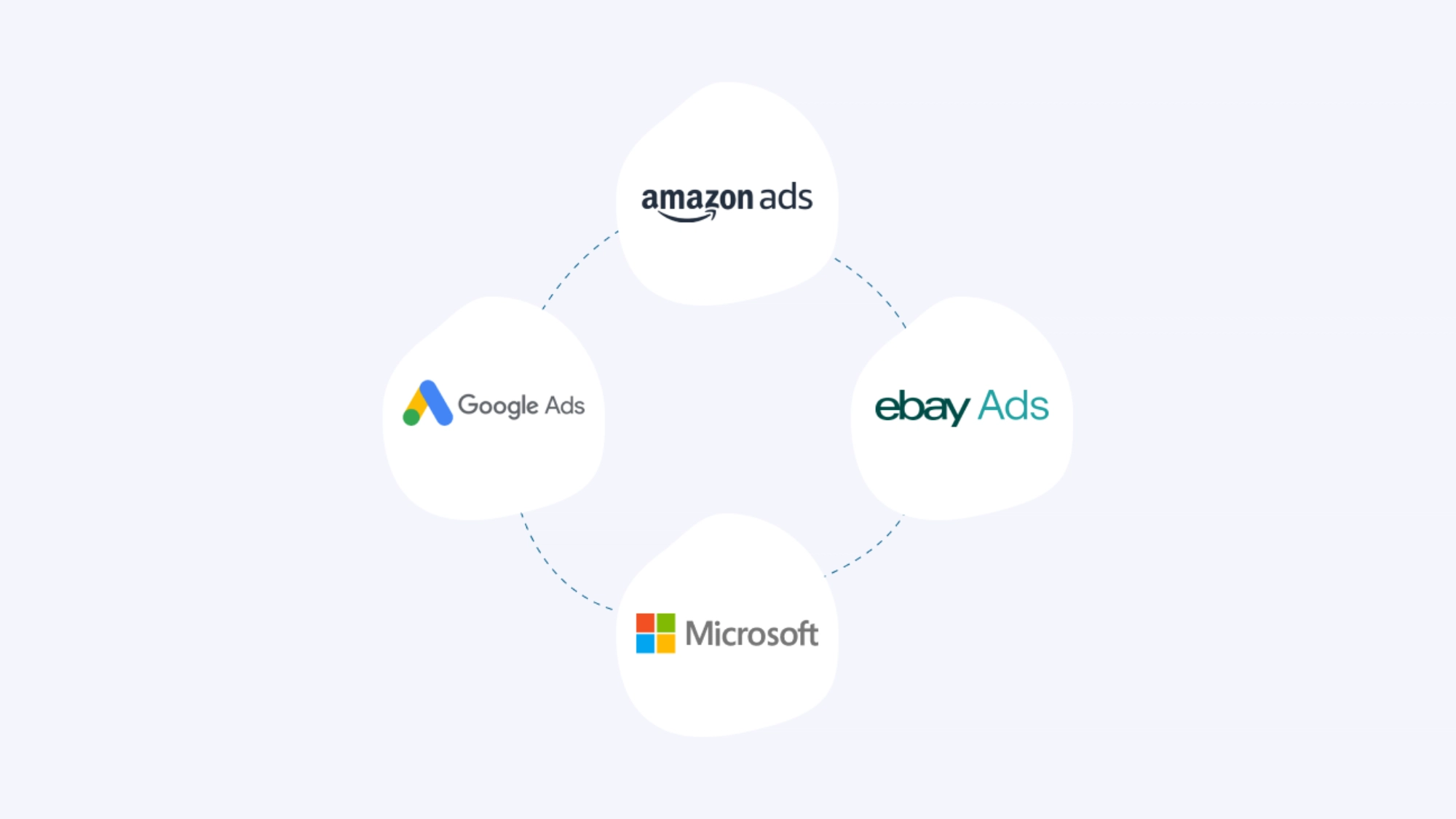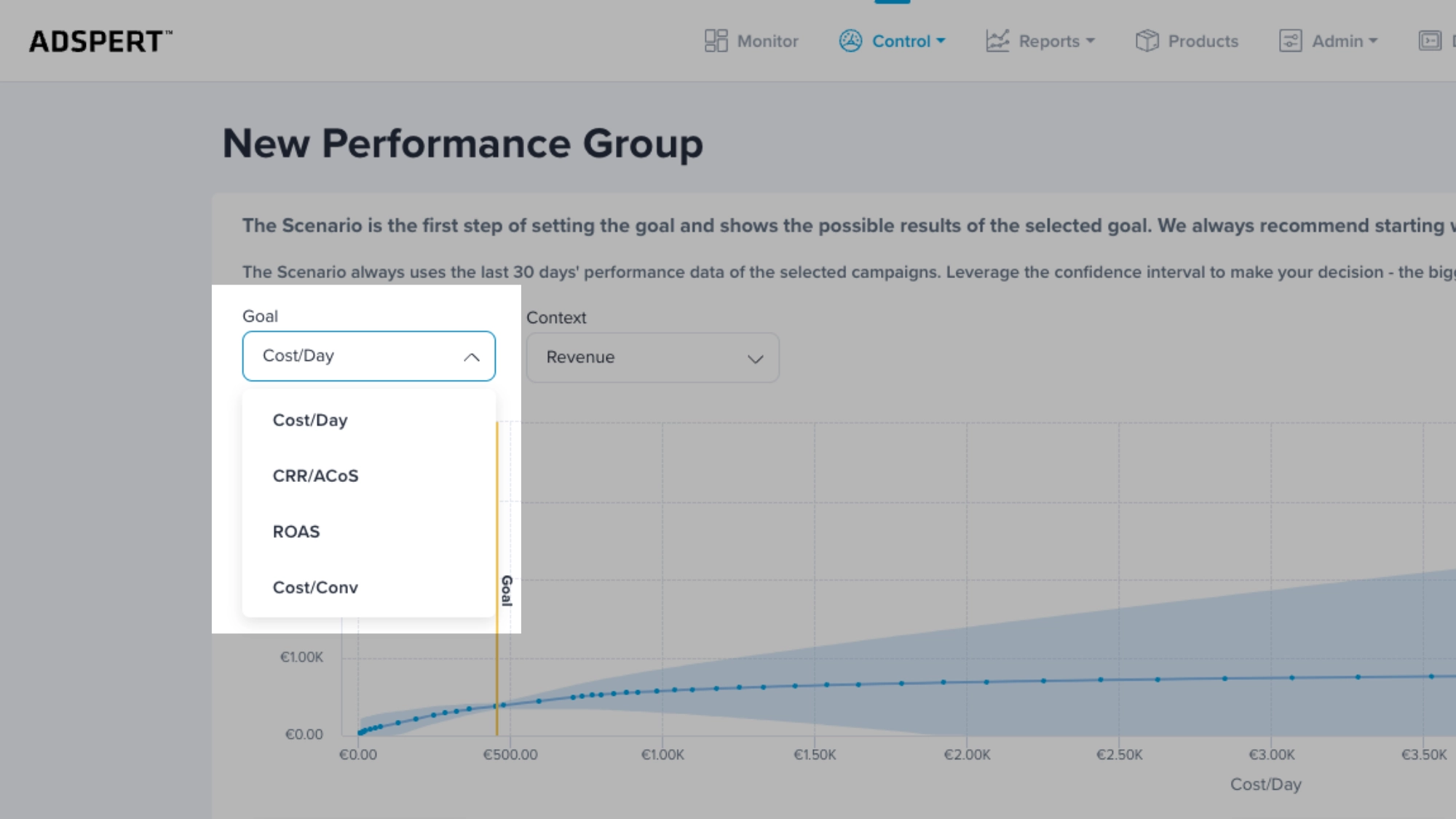PPC Keywords Definition
In the SEO field, keywords are the phrases or words that an internet user is entering in the search field of a search engine. Pretty straightforward, right? For example, if you have content on a search engine – like a website on Google or a product on Amazon – the words that you use to describe your product or your website are your keywords, a.k.a. the phrases that internet users will utilize when performing their search.
This leads us to the importance that keywords have. They represent the bridge between the internet user and the content, services, or products you and your business are offering. Keywords for PPC and SEO are also critical when it comes to getting a better rank in organic and paid search results. In paid search, keywords are especially important because PPC-based systems are bidding on keywords.
The Power of Relevant Keywords
How can you get a better rank? By making sure that your keywords are as relevant as possible. For this, you must study the market revolving around your business, select a particular niche, create a buyer persona, and a market for that specific buyer persona. It would help if you got to know your niche, your possible clients, and, more importantly, research the language that they use.
Let’s say you have a business that sells musical instruments, and one of the instruments that you’re selling on your website is the bass.
There will be people who will go on Google and type in the search bar bass, expecting that the results will maybe give them tips on how to catch bass or places that sell bass (the fish). So you have to be very careful about the keywords that you are using.
Types of Keywords for PPC

From the beginning, it is essential to understand that we have different types of keywords. The main categories of keywords include short-tailed keywords, long-tailed keywords, and negative keywords. Of course, besides these main three, we also have a multitude of keyword options that usually are influenced by the search engine, and we’ll try to explain them later in the article.
Short-tail Keywords
Short-tailed keywords are keywords that have three or fewer words that compose them. If we look at our former example, a short-tailed keyword would be the word ‘bass’ or maybe ‘bass fish’ or ‘bass music instrument.’
Long-tail Keywords
On the other side of the spectrum, we have long-tailed keywords, which, you’ve guessed, are made up of more than three words. These are a lot more specific, they have lower search volumes, but they also have lower competition, which might even things out a bit.
For example, a long-tailed keyword would be ‘how to catch bass,’ ‘how to play bass?’ or ‘where can I find bass fish?’
Negative Keywords
Negative keywords are also important. You probably already have the words that you’d like to represent or describe your products, so you must have thought of words or keywords in this specific case that you don’t want to be associated with your product, service, or website. These are the negative keywords.
Again, going back to the example above, if you are selling musical instruments, you might want to put in the negative keywords category the words ‘fish,’ ‘fishing,’ and all the things that might cause the internet user incorrect expectations and a negative landing page experience.
Selecting The Right Keywords for Your Business
When selecting the right keywords for PPC advertising of your service or product, you must be mindful of the search engine that you use, because the keywords that are going to be popular on Google might not bring the same results on Amazon or Bing or any other search engine.
This is why it is recommended to do extensive research for each platform in part and see which keywords fit best. It’s always good to know that the most used platform and the platform that you should probably concentrate on first is Google. Accounting for 75% of all global desktop search traffic, Google is the obvious choice when it comes to marketing using search engines.
But finding the right keywords for your business and for the platform that you are using involves a lot of research. It is recommended that you use a keywords planner (Google keywords planner, Ubersuggest, Wordtracker are just a few of the many keyword planners on the internet) and start grouping the keywords that you find in categories. After you have your keywords, you can start creating content that will match the keywords that you have found.
Now, it’s always great to know the basics of keywords and even try your hand at creating keyword lists. But after a few weeks of continually having to research your keywords, it indeed becomes a tedious task that takes up time that could be invested in other things.
Automate Your Keyword Management
However, Adspert has the solution you need. With Adspert’s services, keywords and keyword research can become an amusing hobby that you sometimes indulge in or something that you never have to be bothered with again. How so?
Adspert can automate the whole process for your current or future advertising campaigns to make sure that you can get the best possible results for your website or your service or product with minimal investment. So do not hesitate and check out Adspert’s services now.
Conclusion
In conclusion, keywords play a vital role in the world of PPC advertising and search engine optimization. They serve as the bridge connecting internet users to the content, services, or products offered by businesses. Achieving a better rank requires the use of relevant keywords, which demands thorough market research, niche selection, and understanding of the target audience’s language.
However, managing and researching keywords manually can be time-consuming and tedious.
Fortunately, Adspert offers an automated solution to streamline the keyword management process.




